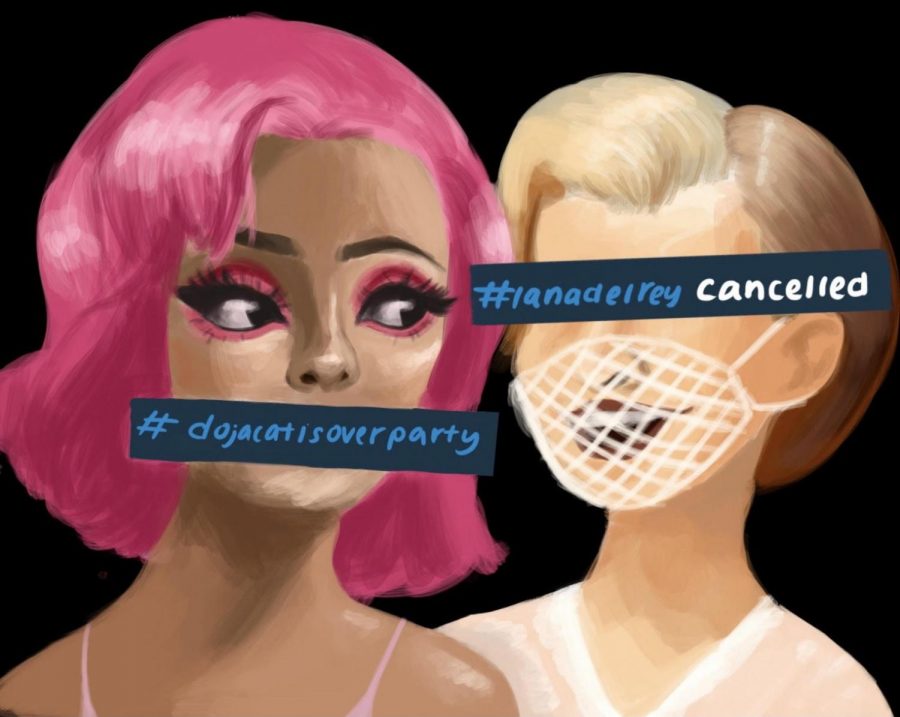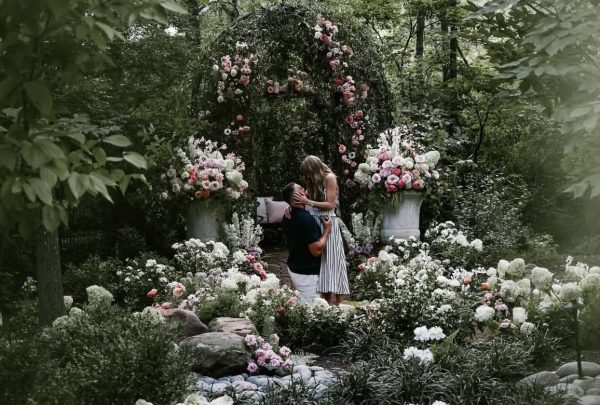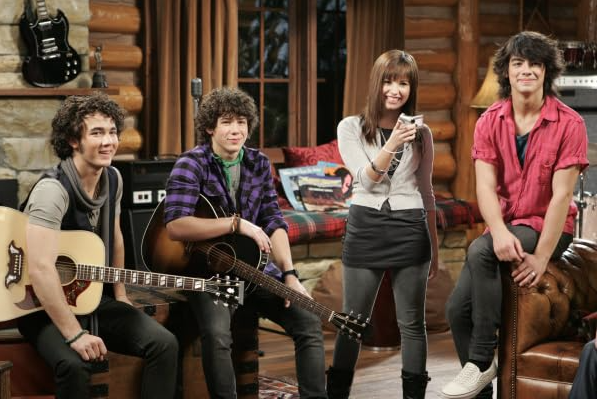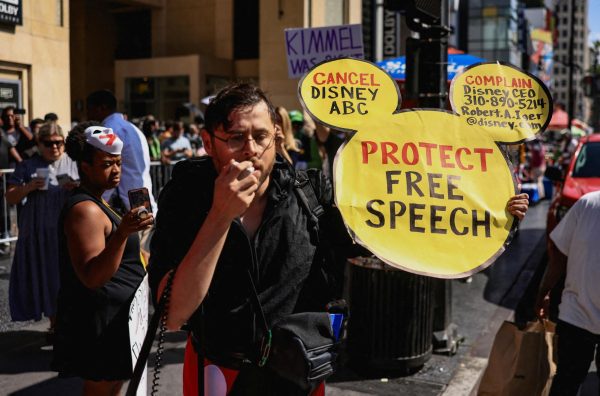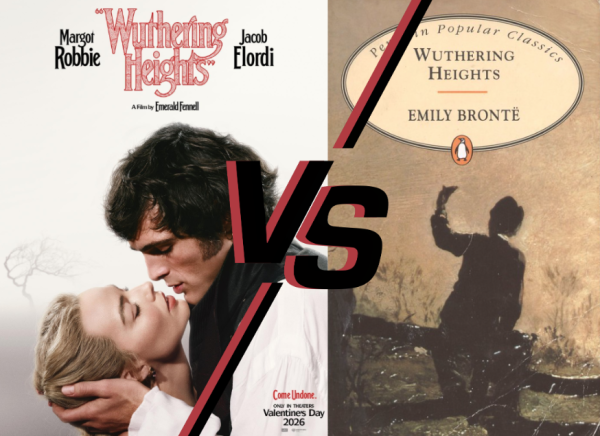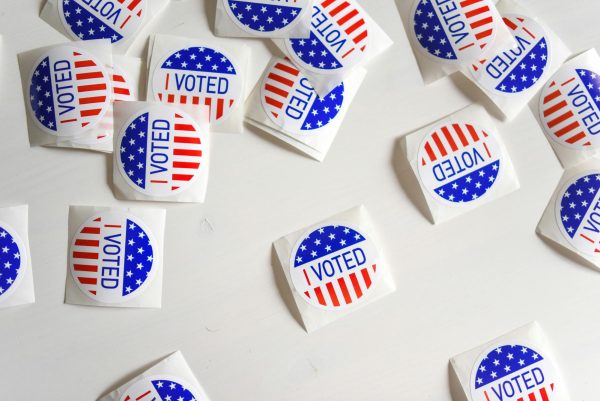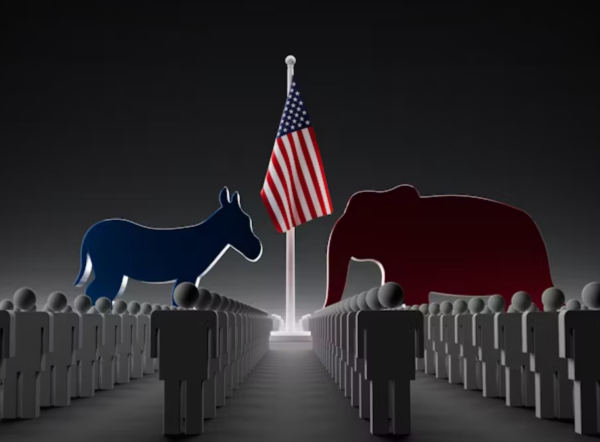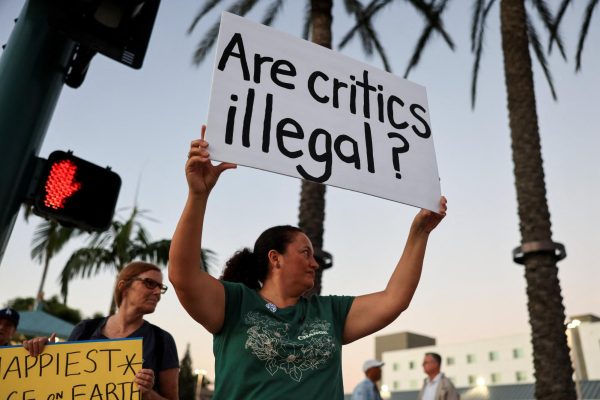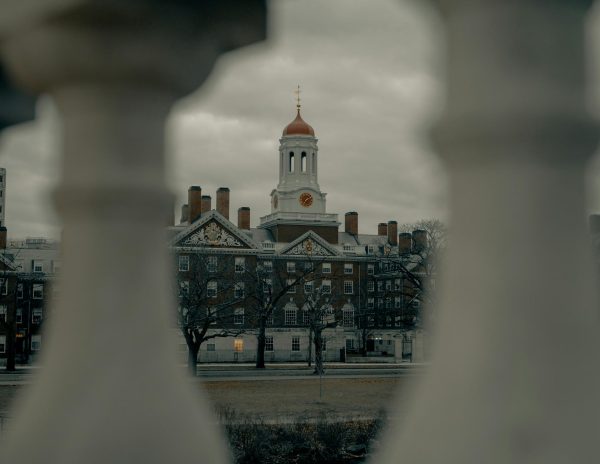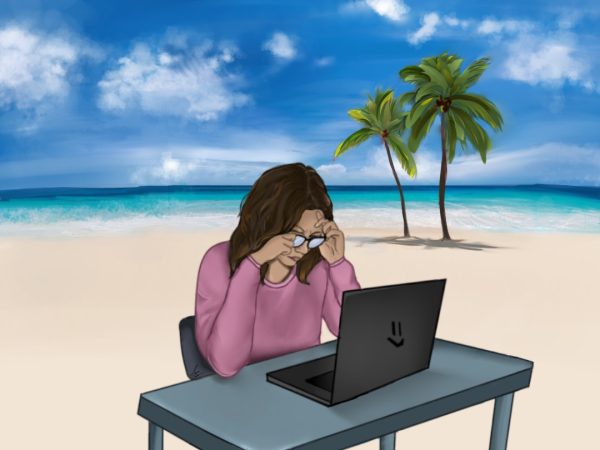OPINION: We should cancel ‘cancel culture’
Cancel culture — the phenomenon of “canceling” brands, public figures and even TV shows and movies based on behavior that is deemed offensive or problematic — is nothing new. It’s been around for years, but it seems that recently it has taken a toll on the mainstream scene. People seem to be digging up dirt on celebrities that causes them to lose their jobs and their entire following. While “canceling” celebrities and brands can be justified if they committed a really heinous deed, cancel culture has gone a bit overboard. From people cancelling celebrities from things done decades ago, to forcing them to walk on eggshells for their whole career, it is best that we as a society cancel “cancel culture.”
Among the famous include talk show host Ellen DeGeneres who is under fire for being allegedly “rude” to her staff members and “Glee” star Lea Michele for her alleged mistreatment of her co-stars. Even singer-rapper Doja Cat was under fire for writing a song titled “Dindu Nuffin” which many claimed to be a term used to disparage black victims of police brutality, and talking to alt-right men on a video chat room website called “Tiny Chat.” She later confessed that “Dindu Nuffin” was written as a “response to people who often used that term to hurt me.” Her actions in the chatroom were nothing more than trolling the alt-right men. While mistreatment and racism are unforgivable acts, she sorts of allegations must be thoroughly investigated before the world turns on them. For instance, the massively popular talk show, “The Ellen DeGeneres Show” is now getting cancelled due to her accusations and low ratings. Is it worth cancelling a 17 year old show with five Emmys? The line is drawn when actions are repeated and thoroughly investigated.
LEARN FROM MISTAKES
Many of these allegations are justifiable enough for these celebrities to earn their severe repercussions. Others are not. There has been a recent trend of public figures being canceled over very futile scandals or events that happened years ago when they were a different person. What does it mean to get the canceled treatment? Can it potentially ruin your life?
One of the most dangerous forms of cancelling is “doxxing.” Back in June, actress Skai Jackson, 18, exposed a high school student for screaming racial slurs. She exposed his name, prospective college and Instagram handle with the intention of people flooding his social media and future college with angry messages. She has done this to more than one kid While racism should never be condoned nor justified, I personally do not believe that they should lose their entire lives over a singular post. I believe that people can grow and learn from their mistakes. Everybody deserves a second chance, which is what cancel culture fails to realize.
Twitter users are known for their FBI-like investigating skills. They can and will dig up dirt on just about anything. They will expose old secrets, identities and even private messages. For example, back in May, Twitter users took their investigative skills into play by cancelling “racists,” such as singer-songwriter Lana Del Ray for making snide comments about Beyoncé, Nicki Minaj, Doja Cat and Cardi B. She wrote that these artists wrote songs about “being sexy, wearing no clothes, f–king, cheating, etc” when her songs are about “being embodied, feeling beautiful by being in love even if the relationship is not perfect.” She was dragged on Twitter for specifically comparing her music to African-American female artists. The tone of her tweet is what got her into a deep hole of Twitter threads.
There is a sense of community among cancel culture. The collective canceling of someone by a huge group of people on the internet creates a sense of solidarity. Knowing that they are all in a group together fighting an underlying prevalent issue that is far larger than them is intoxicating. It reinforces the good they are doing especially at a time of political division. By pointing out the wrong that celebrities and public figures do, it establishes that certain actions and unacceptable and there are consequences. A person’s influence cannot make them immune to repercussions.
Cancel culture has gone too far. People have been apologizing for their actions recently. When people take it too far, an apology might be due. For example, Twitter users resurfaced a video of talk show host, Jimmy Fallon imitating Chris Rock on Saturday Night Live in 2000. He wore blackface in his sketch, which provoked much controversy. The hashtag, #JimmyFallonIsOverParty was quick to trend, but many were quick to condemn his cancellation.
Fallon has since apologized, thanking his fans for holding him accountable for his actions. Now, if Fallon continued to make racist comments and poke fun at black people, this would have been different. No amount of apologizing can fix that. Cancel culture becomes toxic when people become unforgiving after one offense.
‘A VERY REAL AND SCARY THING’
People are way too quick to cancel without looking into the context of the situation. Fallon was merely an employee at the time; he had little say in his actions in the first place. People are not so quick to forgive either. We all have the ability of rehabilitation. We should learn from their mistakes rather than be punished for life. Digging up old offenses is rather immature because a person 20 years ago is not the same person today. Doxxing is a very real and scary thing. No person should be subjected to their address and school being leaked to the public, no matter the offense. People that dox have the intent to ruin their lives, but one offense should not determine a person’s entire future.
People should be more tolerant of each other in general. The cancelation of a public figure should only be done if they show repeated signs of bigotry and intolerance. One offense is not enough. Cancel culture thrives on whatever scoop they can grab onto next. They ignore context and go straight for the kill. To fully cancel someone, research is required to make a fair judgement call. I believe that for now, we should simply cancel “cancel culture.” Redefine what it is. It is not the act of quickly doxxing a previously innocent person. It is the act of calling out a truly devious person. Social media platforms should never be used to spread racism, homophobia, sexism, xenophobia or bigotry in general, but when it comes to a singular offense, we should be more forgiving as a society.

